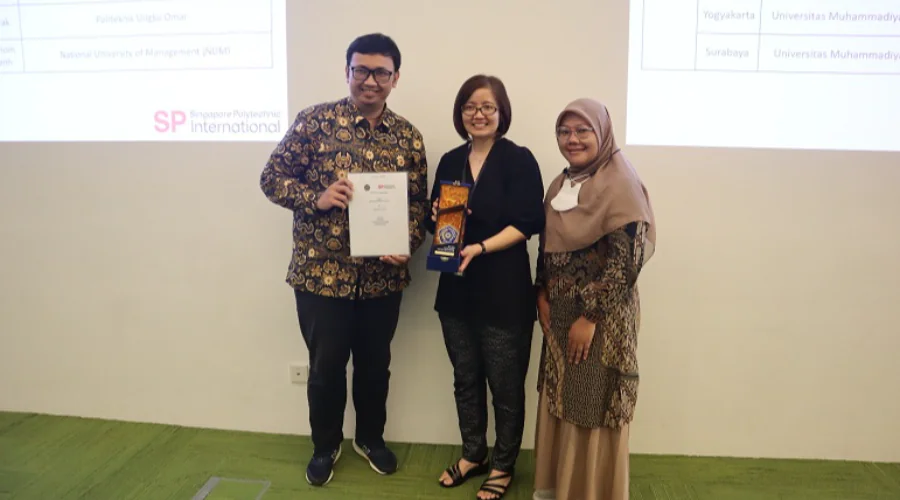
- 31 May
- 2023
Foto Perwakilan UM Surabaya Pramudana Ihsan dan Holy Ichda Wahyuni saat MoU dengan Singapore Polytechnic (Humas)
UM Surabaya will Facilitate Singapore Polytechnic to Develop Lamongan Coastal Local Potential
Thirty Singapore Polytechnic students will conduct the International Learning Express (LeX) Real Work Lecture (KKN) facilitated by the Muhammadiyah University of Surabaya (UM Surabaya). This is a follow-up to the Singapore Polytechnic MoU with UM Surabaya on Wednesday (31/5/23)
This year the LeX KKN will be held in Lamongan, East Java by raising the local potential of the north coast in Paciran Lamongan District, East Java.
It is known, Learning Express (LeX) is a 12-day overseas program that equips students with a design thinking mindset in the context of social innovation. In this program, students can enjoy experiences outside of the textbooks such as learning a new language and participating in community homestays. Students can interact and build friendships with youth from Asia and gain a deeper understanding of the issues facing overseas communities.
Head of the Institute for Research and Community Service (LPPM) Dede Nasrullah said that this year's LeX KKN program will be attended by 60 participants consisting of 30 Singapore Polytechnic students and 30 UM Surabaya students who act as companions during the KKN activities.
"There are several local potential focuses that will become projects in the Learning Express program including: written batik, crab waste management and siwalan water management," said Dede.
Dede explained, the north coast of Lamongan Regency has a beach area which is the center of fishing activities with the main catch being blue swimming crab (Portunus Pelagicus). Some of the problems include: crab shell waste creates an unpleasant odor which can trigger air pollution so that it has no economic value.
Meanwhile, another problem is written batik due to the declining number of artisans due to the low interest of the younger generation and marketing constraints and finding a target market. Not only that, siwalan farmers are also experiencing problems with climbing tall trees and of course dangerous for safety at work, unattractive packaging that so far uses used plastic bottles to marketing and reach that is still not wide.
"Later SP students will join with students from partner institutions to jointly create prototype solutions that are purposeful, sustainable and innovative for real-life problems," added Dede again.
Dede added that SP students will develop an understanding of the issues faced by rural communities in the context of social culture, economy, and analyze these issues from various perspectives.
Finally, through this program, students can apply teamwork and communication skills, develop better self-understanding, empathize with the community, realize the positive impact they can have on the lives of communities in need, and achieve higher resilience.




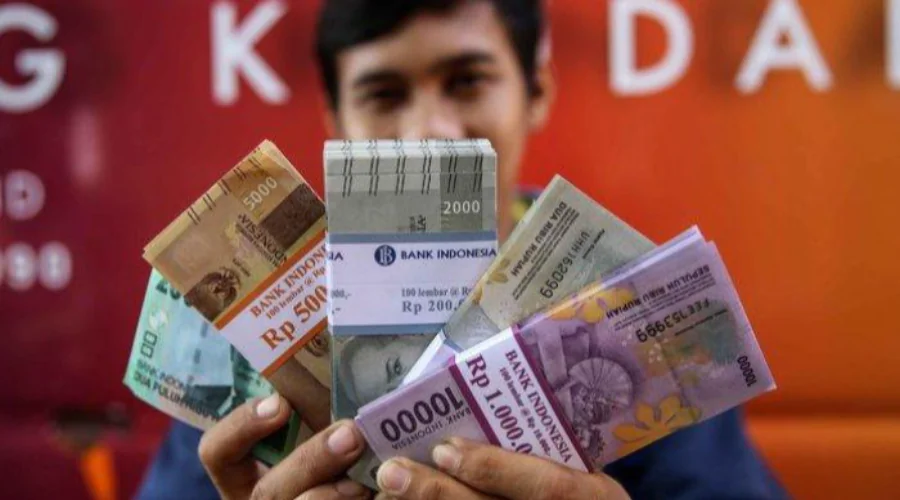
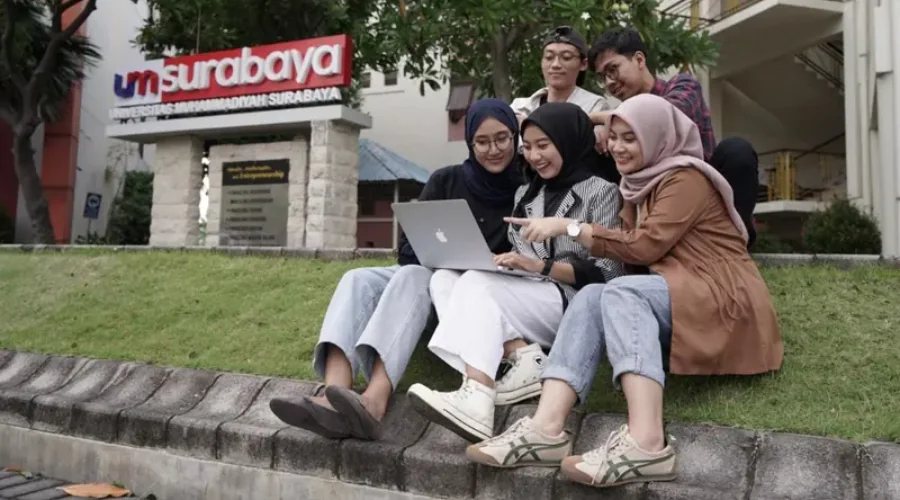
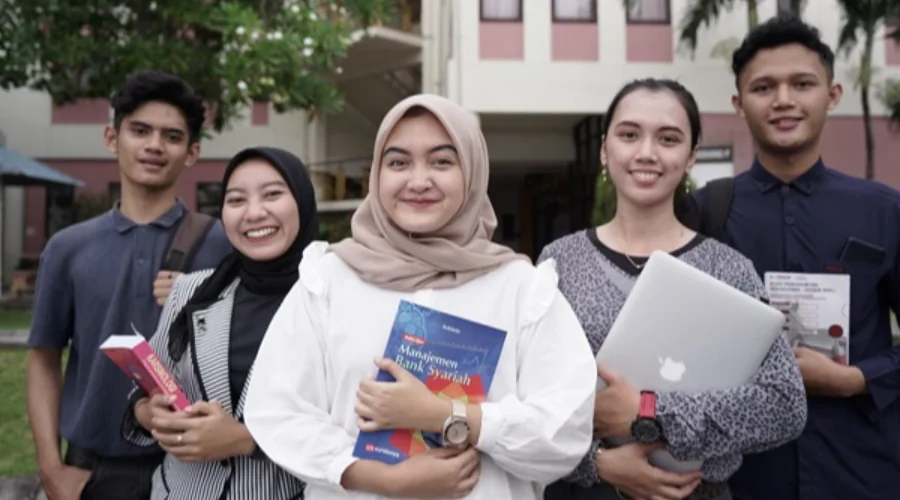
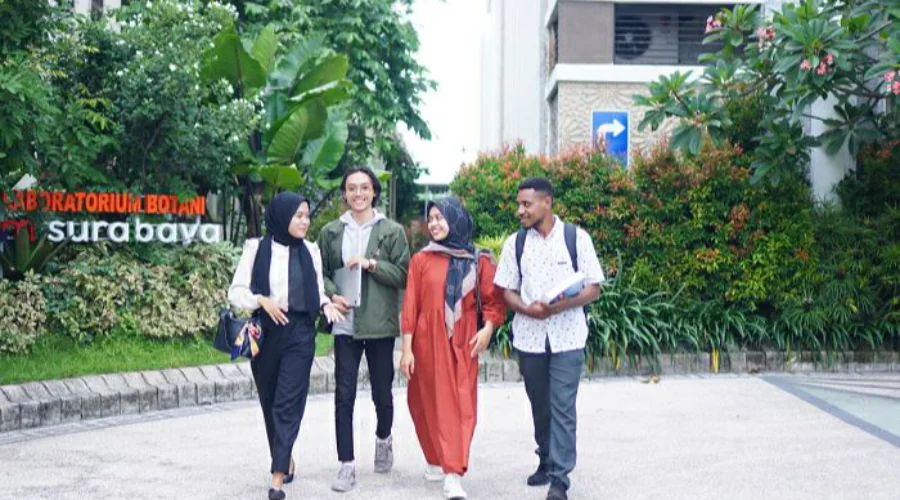
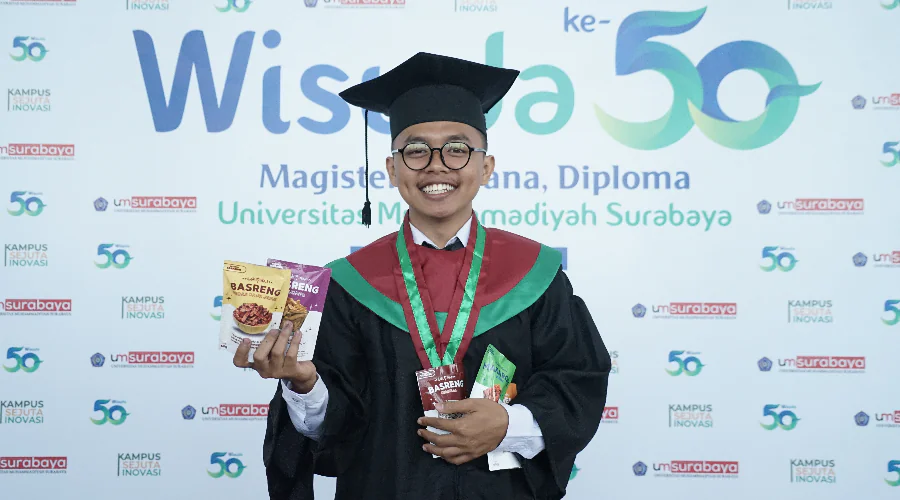
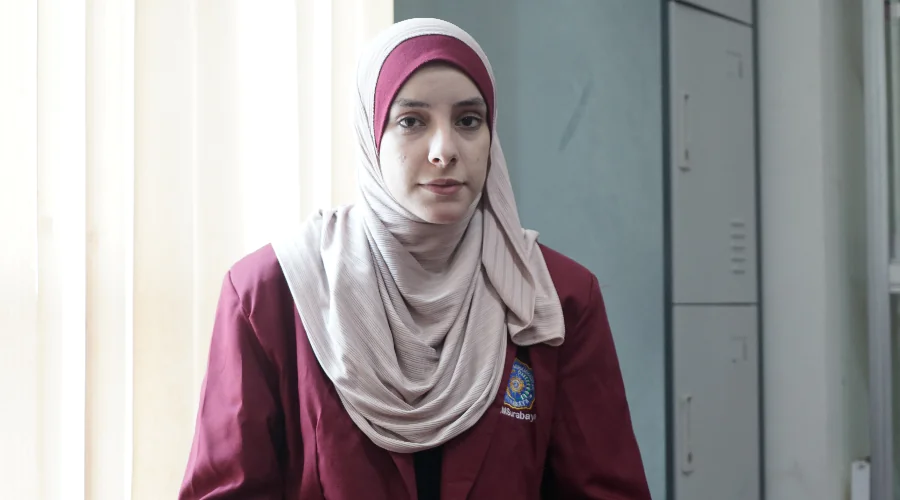
(0) Comments